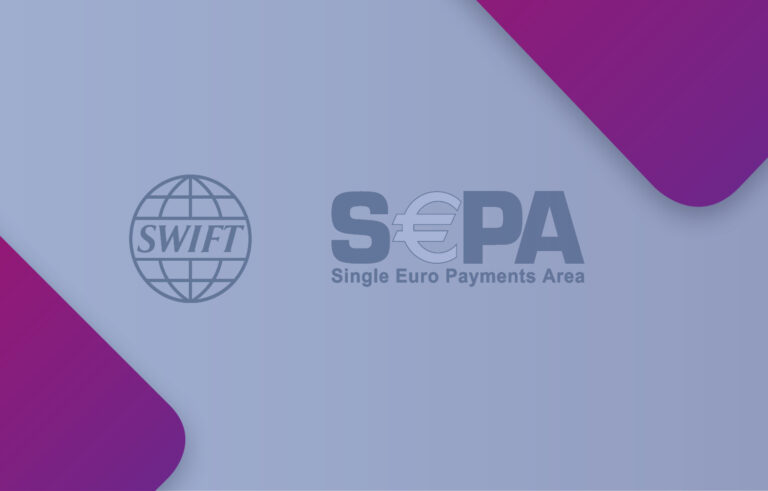
Today, when it comes to different types of payment algorithms, specialists generally mention two immediately: SMS (single message system) and DMS (dual message system).
Briefly, in the case of SMS transactions the servicing bank and the emitting bank send each other authorization messages at the moment of financial transaction. Based on these messages, the transaction is carried out. SMS transactions are the most common method of payment in situations where a customer in a store chooses a product and immediately purchases it. In the case of SMS transactions, the sum paid for the purchase is written off the client’s account immediately.
In a DMS transaction, money is not immediately written off a client’s account, but is reserved on his card. This type of payment is primarily used by online store systems and in the hotel business, for example. The buyer makes a sort of request for the goods, and the client’s money is reserved for the purchase. When the store confirms that this product is in stock, available and ready to be sent to the customer, only then will the money be written off the card. In turn, if the requested goods are not, say, in the warehouse, then the reservation of the sum on the client’s card is cancelled and the money remains in the account of the buyer.
How to receive money – choose for yourself
Note that one or another algorithm is more preferable to some systems and less to others. For example, if we talk about the VISA system of a bank whose client is going to buy something in a store, then this system “prefers” the SMS algorithm, whereas for example, for Mastercard, almost all operations are carried out as DMS. In spite of this, everything is quite flexible here and the mentioned payment systems can use both algorithms – at the request of the client.
For example, one owner of an online store may be more comfortable with the SMS algorithm and so makes an agreement with the bank that every operation be carried out in this form – both with users of VISA or Mastercard. For another businessman who, for example, owns a dental clinic or a hotel, the DMS algorithm seems more convenient. In other words, it all depends on the needs of the merchant, and it’s not up to VISA or Mastercard to determine what kind of “algorithm” he needs.
The human factor in the vastness of virtual business
Worth mentioning – the DMS algorithm is something considered a headache for sellers, because every now and then you have to deal with a chargeback. For example, a client enters an online store, selects the desired product, places an order – and buys it. And then suddenly it turns out that the goods are not in stock – and it’s not possible to fulfill the order. The client is sure that he has paid for the goods, he enters the internet bank and sees that the money is written off for the purchase, which hasn’t actually happened.
With DMS transactions, the customer’s money will have been put on hold, but not yet written off his account completely. The client does not see the sum in his account. And he does not see the chosen product either. The buyer, without investigating further, typically assumes that the money has already been written off and requests a chargeback. Yes, the buyer could contact the merchant and ask him to “release” the sum, since he hasn’t gotten the product – but he doesn’t do this. Technically, the financial transaction has not yet ended, but the client has already gone into full panic mode. This is the human factor in trade.
To the seller, this procedure is likewise unpleasant, because there is a high probability of receiving bad feedback – the client’s response or review on his website. And for online stores, as well as for hotels, which also usually receive payments using the DMS algorithm, the reputational risk is undesirable, because the business’ rating is gradually built from feedback. A lot of bad reviews result in a low rating, both for hotels and for shops. Result: fewer customers and, consequently, profits.
At the same time, one of the main advantages of the SMS algorithm is the ability of companies to plan a budget. SMS transactions are simpler, since the money does not get “hung up” until all the confirmations about the execution of a particular payment are received. And is it worth saying that for a company that constantly needs working assets – for daily purchases of goods – a simple transaction method is very important.
With all this, it is still a matter of dispute in the world which algorithm is better and more reliable: SMS or DMS. And still there is no consensus. In short, the choice, based on personal experience, is yours.
Subscribe to our page on Facebook to stay up-to-date on the latest news from the world of Fintech, and also contact Bilderlings‘ specialists and we will find the best offer for you.






